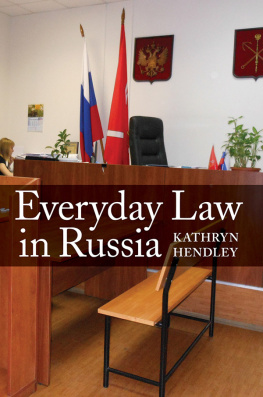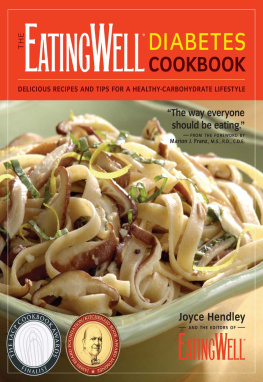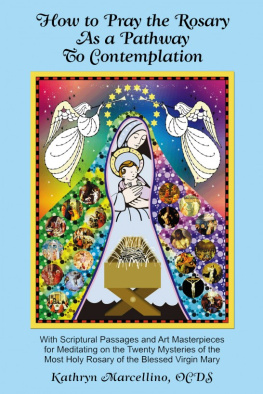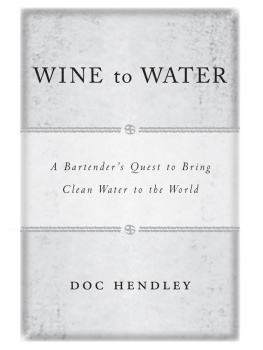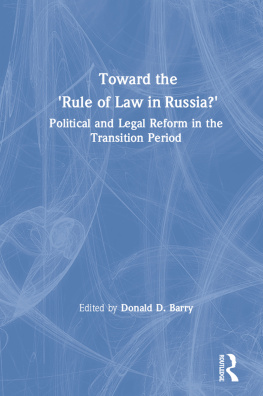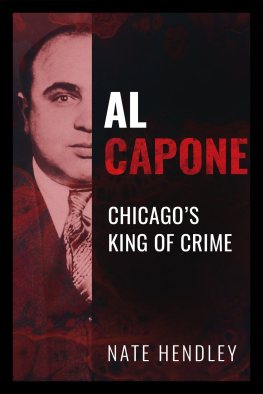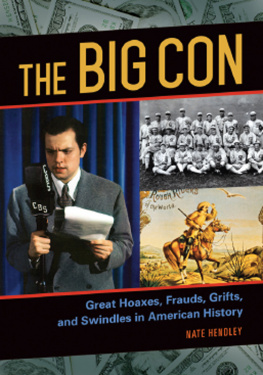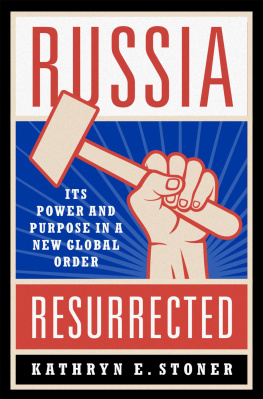Acknowledgments
This book has been gestating for a very long time. Since the collapse of the Soviet Union, I have immersed myself in studying various aspects of Russian law with the goal of understanding how Russians experience law. What follows reflects my knowledge and insights about post-Soviet Russian law. The analysis is, of course, my own, but many people and institutions contributed to making the research and writing of the book possible.
The book is grounded in many years of field research that was funded by grants from a number of institutions, including the National Science Foundation, the National Council for Eurasian and East European Research, the Law School, and the Graduate School of the University of Wisconsin-Madison. I received a Fulbright Research Fellowship and an Ed A. Hewett Policy Fellowship that allowed me to spend the 201112 academic year in Russia. I was fortunate to be awarded a residential fellowship from the Law and Public Affairs Program at Princeton University for the 201213 academic year, which provided me with a quiet place to work through my voluminous field notes and begin to write the book.
Organizing research in Russia is never easy. I have been blessed with good friends and colleagues who helped at every step along the way. Polina Kozyreva and Mikhail Kosolapov of the Institute of Sociology of the Russian Academy of Sciences invited me to include a module of questions about law on the Russian Longitudinal Monitoring SurveyHigher School of Economics, which they manage. These questions, which were part of the 2004, 2006, and 2012 rounds of the RLMS-HSE, form the foundation for my analysis of Russian legal consciousness. Kozyreva and Kosolapov also worked with me to organize the focus groups that animate chapters 2 and 3, generously allowing me to call on their network of sociologists who helped me in the more far-flung locales. Elena Zobina, who facilitated the focus groups, seemed to channel my spirit as she poked and prodded the participants to get them to share their experiences. Ekaterina Mishina, who was a law professor at the Higher School of Economics in Moscow when my project began, generously shared the data from the survey she coordinated for the INDEM Foundation. These data provide the other piece of the puzzle for my analysis of Russian legal consciousness. She also put me in touch with researchers at the Judicial Department of the Russian Supreme Court, who provided me with detailed statistics drawn from the work of justice-of-the-peace courts (the JP courts).
Gaining access to the JP courts was more complicated. In each location, I relied on different people, all of whom were remarkably supportive. In Moscow, Aleksey Scherbakov laid the groundwork for me. In Ekaterinburg, Sergei Belyaev, whom I have known since the early 1990s, facilitated my work. In Pskov and Velikie luki, Sergei Sherstobitov, the overall manager of the JP courts, took an interest in my work and arranged for me to spend time in several courts. In Petrozavodsk and Rostov-na-Donu, John Dooley and Karin Bourassa put their contacts at my disposal, which gave me access to JP courts. In Voronezh, Elena Nosyreva prevailed on her friends and colleagues to open doors for me.
Fieldwork in Russia has its ups and downs. Whenever my spirits waned, I was blessed to be able to reach out to a remarkable group of fellow legal scholars. They were always ready to debate the likely trajectory of Russian law. Most were more pessimistic than me, but they never lost enthusiasm for the project. Their skepticism kept me motivated. These colleagues included: Tatiana Borisova, Anton Burkov, Olga Ivanchenko, Ekaterina Mishina, Ella Paneyakh, Olga Schwartz, and Olga Sidorovich. Several members of the expat community, including Thomas Firestone (then the representative of the Department of Justice at the U.S. Embassy), Melissa Hooper (then the head of the ABAs Moscow office), and William Simons (then a law professor at the University of Tartu), were likewise stalwart colleagues, as were William Bianco and Regina Smyth, who were fellow Fulbrighters.
While writing the book, I have been able to call on a remarkable group of friends as sounding boards. In particular, Cynthia Buckley, Marina Kurkchiyan, and Kathleen Smith have read multiple drafts of chapters and acted as honest brokers as I worked to hone the arguments. My University of Wisconsin colleagues have been very supportive. Howard Erlanger helped me refine the presentation of the survey results. Stewart Macaulay and Peter Carstensen read early drafts of several chapters; their comments steered me in more productive directions. I am grateful for insights gained through conversations with colleagues such as Mark Beissinger, Jane Burbank, David Engel, Cathy Frierson, Jane Henderson, Eugene Huskey, Robert Kagan, Jeffrey Kahn, Stanley Katz, Herbert Kritzer, Peter Maggs, Inga Markovits, Lauren McCarthy, Stanislaw Pomorski, Kim Scheppele, Gordon Smith, Peter Solomon, Alexei Trochev, and David and Louise Trubek. I had the opportunity to present portions of the book and receive feedback at a wide variety of forums. These include the Harriman Institute, the Higher School of Economics (Moscow), Indiana University, Oxford University, University College, London, the University of Helsinki, the University of Illinois, the University of Michigan, the University of South Carolina, the Wissenschaftskolleg (Berlin), as well as annual meetings of the American Political Science Association, the Association for Slavic, East European, and Eurasian Studies, and the Law and Society Association. The book also benefitted tremendously from the comments of the anonymous reviewers for Cornell University Press, as well as the gentle suggestions of my editor, Roger Haydon.
I owe a great debt to the graduate students who have worked with me as research assistants over the years, some of whom have gone on to distinguished academic careers of their own. These include Galina Belakurova, Evgeny Finkel, Pilar Gonalons-Pons, and Maayan Mor. I have also had the benefit of research assistance from talented undergraduates, including Anne Redmond and Yuliya Barsukova. The support staff at the University of Wisconsin Law School has more than made up for my technical shortcomings. The superb librarians at the law library were tireless in tracking down obscure sources. Thanks are due to Theresa Evans, Jennifer Hanrahan, Susan Sawatske, and Danielle Topp for assistance in formatting tables and other tasks, and to Darryl Berney and Eric Giefer for solving my many computer woes.
An earlier version of chapter 2 appeared as Resolving Problems among Neighbors in Post-Soviet Russia: Uncovering the Norms of the Podezd , Law & Social Inquiry 36, no. 2 (2011): 388418.
As I wrote the book, I was sustained by the friendship of Cynthia Buckley, Carin Clauss, Stewart Macaulay, and Kathleen Smith. When in Moscow, Elena Shevelova and her family have offered me a home away from home for many years. My father, Samuel Hendley, who passed away while I was working on this book, was a constant source of support and encouragement. But my greatest debt of gratitude goes to my sister, Margaret Brown. I could not have undertaken the many trips to Russia that were required for the book without her unflagging practical and emotional support. She and her children, Jason Brown and Adam Brown, have always provided a welcome port in the storm.

